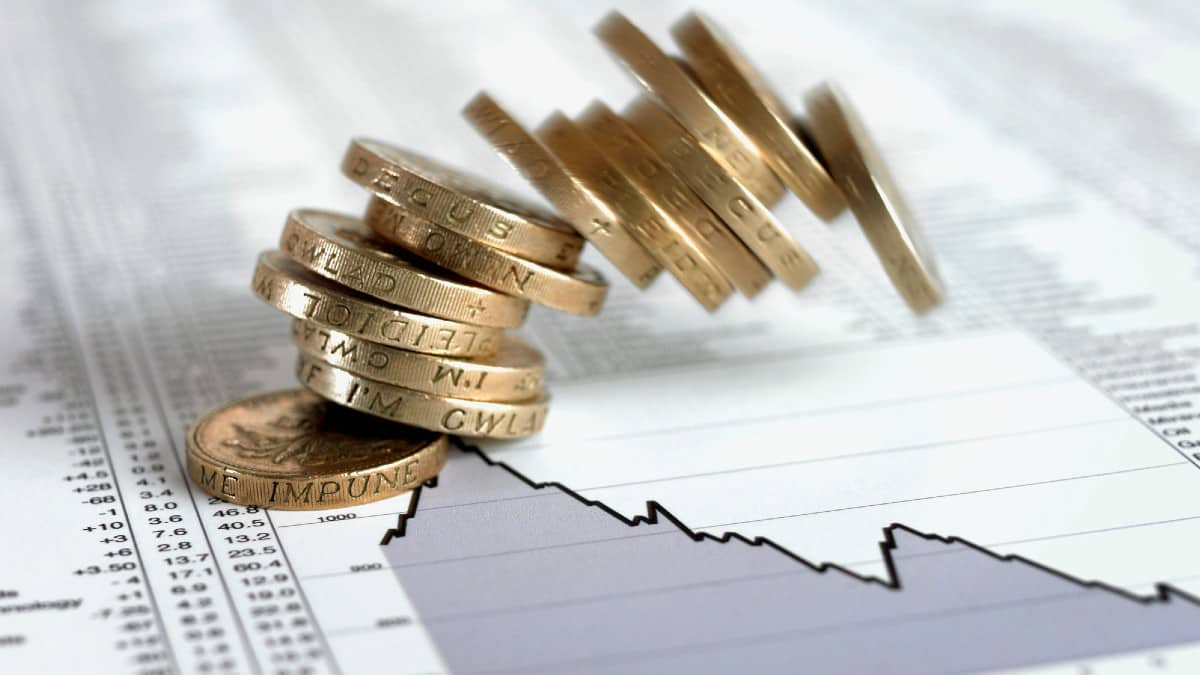So far the stock market has taken Omicron in its stride. Arguably, though, it took the stock market a little while to react to the coronavirus back in the first quarter of 2020 and for share prices to fall. It’s difficult to know exactly what it means this time round for the markets and for investments.
However, if Omicron means more lockdowns and a stock market crash or slump, I think these two share prices will be hit extremely hard. Even if Omicron makes little impact on the stock market, I’d still avoid them as I think they are poor investments.
In the line of fire
SSP (LSE: SSPG) is an operator of food and beverage outlets in travel locations, principally airports and railway stations. This puts it directly in the line of fire when there are lockdowns and even advice to work from home when possible.
The SSP share price has more than halved since the start of 2020. At the same time, debt and the number of shares in issue have both rocketed. In my opinion, this fundamentally makes SSP a less attractive investment. It makes it harder for SSP’s management to drive increasing earnings per share, simply because there are more shares and debt costs more and takes away from earnings.
As the company is loss-making, the shares are harder to value but if I ask myself: what is the growth potential here? I just don’t see any. Even if things turn out well with Omicron, there’s limited upside. If there are more lockdowns, the downside is potentially very high. I’ll be avoiding SSP shares.
Heading for disaster?
Continuing on a train theme, Trainline (LSE: TRN) is another share I don’t think will do well if Omicrom rolls on. Earlier this year Trainline’s shares plummeted after the UK government unveiled a state-backed rival.
This change in competition comes on top of an underwhelming IPO in the summer of 2019, which in retrospect was fortuitous timing for the backers of Trainline that got out. The ticketing platform is loss-making.
Then when you add in £169m of net debt there’s a lot to scare me away from investing in Trainline’s shares.
Trainline does operate beyond the UK, net debt has come down recently, and revenue growth is strong, but overall it doesn’t strike me as being a potentially profitable investment. That’s why I’ll avoid the shares.
Fundamentally, Trainline’s main business may cease to exist if the UK government competition is good enough to attract public transport users.
A brighter note to end on
Just quickly and to avoid making this article all about shares to avoid, I’d be tempted to invest in Melrose, especially if it becomes significantly cheaper. Already it has a price-to-earnings-growth ratio of 0.3, indicating it could be undervalued.
However, Omicron means a bigger margin of safety may be needed as the shares could fall in the short term, as a result of investors’ fear. So I’ll wait and see what happens before buying because new restrictions could hit the industrial group hard.
Management, though, has a sterling track record of improving industrial companies and the company has been well managed through the pandemic. I think Melrose offers far more to investors whatever happens next than either SSP or Trainline ever can.








